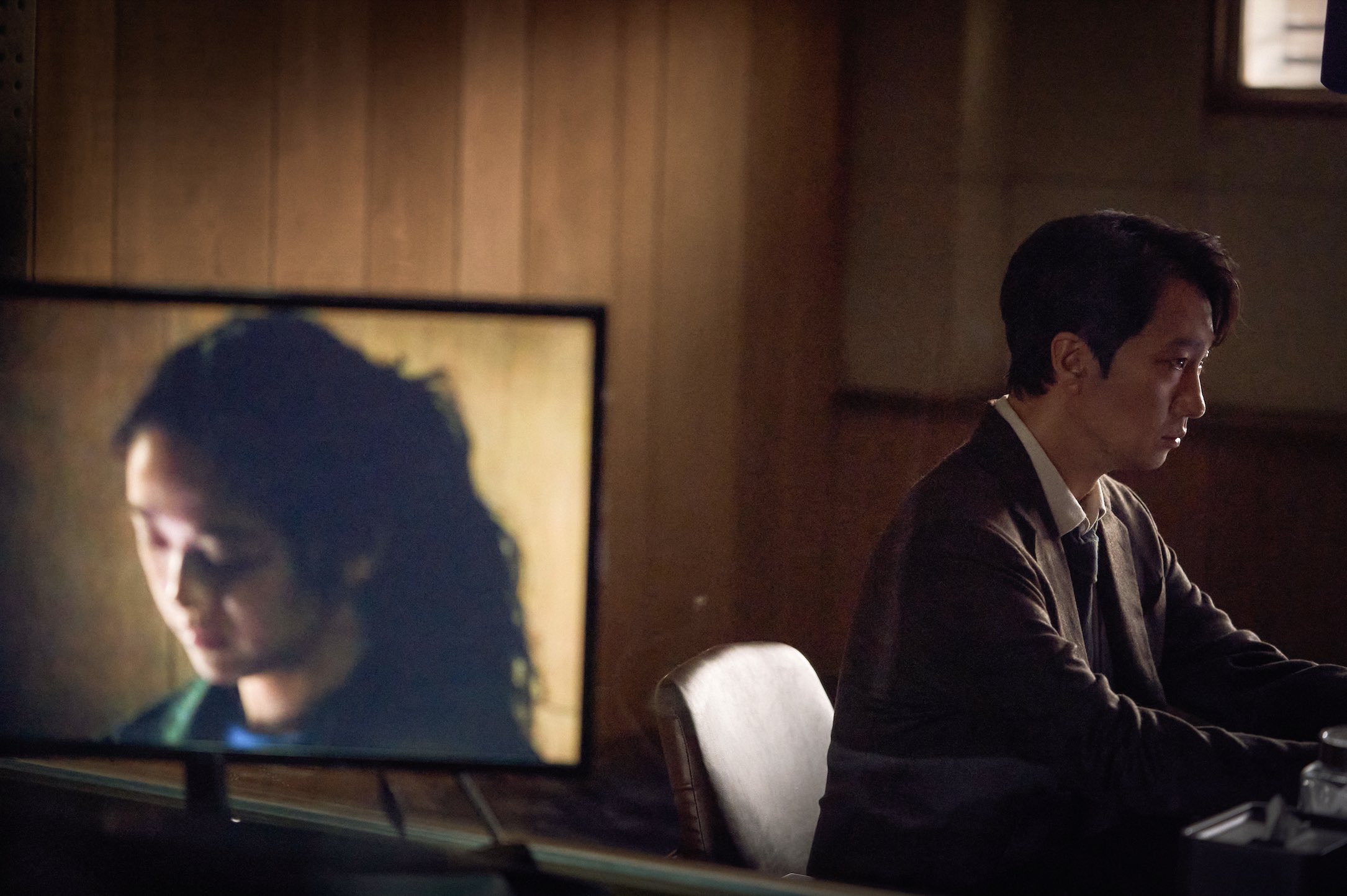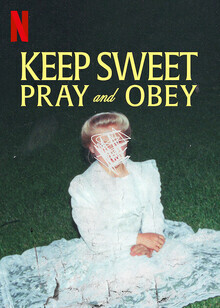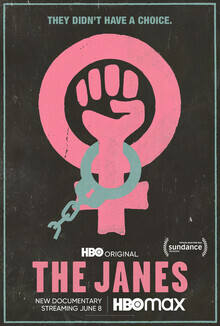
I'm fully confident that on a second viewing, Park Chan-wook's "Decision to Leave" will be much easier to follow, and it says something that on first viewing I was happy enough to catch the basic arc without worrying too much about, say, the whereabouts of a crucial cellphone and other such specifics. Feeling dizzy is clearly part of the intended effect of a film that more or less openly riffs on "Vertigo." And Park, making his first feature since his miniseries adaptation of John LeCarré's "The Little Drummer Girl," is still in a LeCarréan mode, firing plot details at viewers in a clipped editing style at a rapid pace. The film combines a complicated mystery, a love story, and occasional bits of broad comedy to come up with a thriller that feels at once overstuffed and single-minded, derivative and sui generis.
"Decision to Leave" borrows a certain amount of its déja vu structure from Hitchcock's masterpiece, and its did-she-or-didn't-she? plot evokes a well-known homage to it, "Basic Instinct." Hae-joon (Park Hae-il) is a Busan detective investigating the death of a man who has fallen from a mountain. The circumstances of the death are murky, and the dead man's wife, Seo-rae (Tang Wei)—who is Chinese and introduces herself by apologizing that her Korean is "insufficient"—falls under suspicion. She also becomes an object of obsession for Hae-joon. How their relationship plays out vis-à-vis the case eventually compels him to move away to a smaller jurisdiction, where, 13 months later, he meet Seo-rae again, in a market encounter that leaves Hae-joon's wife (Lee Jung-hyun) nonplussed. Seo-rae has a new spouse (Park Yong-woo). "I'm the next husband," he cheerfully introduces himself. And in this genre, being the next husband is never good, nor is being a detective who seems like such an obvious pushover.
This only scratches the surface of the film's many layers and twists, and it's safe to say that story is less relevant to the film's impact than Park's elegant, dreamy presentation, where the emotions of the characters are clear even when what's going on isn't. (Again, I don't trust anyone who claims to have fully followed this film at Cannes, where attention to details gets spread pretty thin over five-movie days.) A formal decision on "Decision to Leave" will have to wait until Mubi releases it down the road.
Early word indicates that critics see the Belgian brothers Jean-Pierre and Luc Dardennes' "Tori and Lokita" as a return to form. Their last film, "Young Ahmed," awkwardly imposed their usual Dardenne ideas about empathy and human nature onto a character whose unflagging fanaticism did not seem to mesh with them at all. But "Tori and Lokita" reverts almost exclusively to their template, revisiting the subject matter of some of their earlier features—the human-trafficking plot of "Lorna's Silence"; the lives of African immigrants in Belgium, seen from within as opposed to from outside, as in their breakthrough feature, "La Promesse"—with slight tweaks in perspective.

The movie opens with Lokita (Joely Mbundu) being interrogated by an official about her relationship with her "brother," Tori (Pablo Schils), who is not her brother at all; they met on the boat to Europe, but maintaining the facade of being family will be crucial to obtaining papers for Lokita, who will then be able to take legitimate work and send more money to her family. (Tori, as a proven victim of persecution, has protected status.) In the meantime, struggling to pay their debt to human smugglers, Lokita and Tori work selling for drugs for a chef (Alban Ukaj), who spots them chump change for kickstarting the evening's karaoke at the venue. He also uses money to pressure Lokita into performing sexual favors.
The warmth between Lokita and Tori, who helps her rehearse for further questioning by immigration officials, is at odds with the harrowing gauntlet that they must run every day. Their existence is a steady stream of struggles to scrape together cash, to avoid being hassled by police, to figure out whether there is a way to make money from the drugs themselves while cutting out the middle man. Yet as dangerous as Tori and Lokita's ordeal gets, and as powerful and skilled as the filmmaking is, I couldn't shake a feeling that "Tori and Lokita" represents the Dardennes playing it safe. The complaint that they're repeating themselves has, admittedly, been raised about nearly every Dardennes picture since at least "L'Enfant," which won the 2005 Palme d'Or. But apart from one startling moment of violence, their social observations here have ossified into something like a formula.
"Funny Pages" is the first writing-and-directing feature from Owen Kline, an actor perhaps most recognizable as the Jesse Eisenberg's younger brother in "The Squid and the Whale." Counting the Safdie brothers among its producers (and their sometime collaborator Sean Price Williams as its cinematographer), it has some of their scabrousness and interest in marginalized subcultures. But it also most obviously recalls Terry Zwigoff's "Crumb" and "Ghost World," in that it involves a protagonist, Robert (Daniel Zolghadri), who aspires to be a comic book artist.
The film peaks early—almost immediately—when one of Robert's teachers (Stephen Adly Guirgis), encouraging the kid to discover his voice, strips down in front of him and demands that he draw him right then and there. There is much else that is surprising about the film, both structurally and in terms of its milieu. After a public defender (Marcia Debonis) helps get Robert out of a breaking-and-entering charge, he takes a job as her assistant. Robert refuses to go to college and instead rents a likely fire-code-violating bed in a crowded house of oddballs in a dodgy section of Trenton, New Jersey. And he tries to get a drawing lesson from Wallace (Matthew Maher), a client of his boss who is not entirely balanced and who himself washed out in the comic book industry.
Like some of Zwigoff's films, particularly "Art School Confidential," "Funny Pages" sometimes substitutes jaundice for humor, but it's abrasive and distinctive enough to suggest that Kline, as a director, may yet find his voice.
Ben Kenigsberg is a frequent contributor to The New York Times. He edited the film section of Time Out Chicago from 2011 to 2013 and served as a staff critic for the magazine beginning in 2006.





